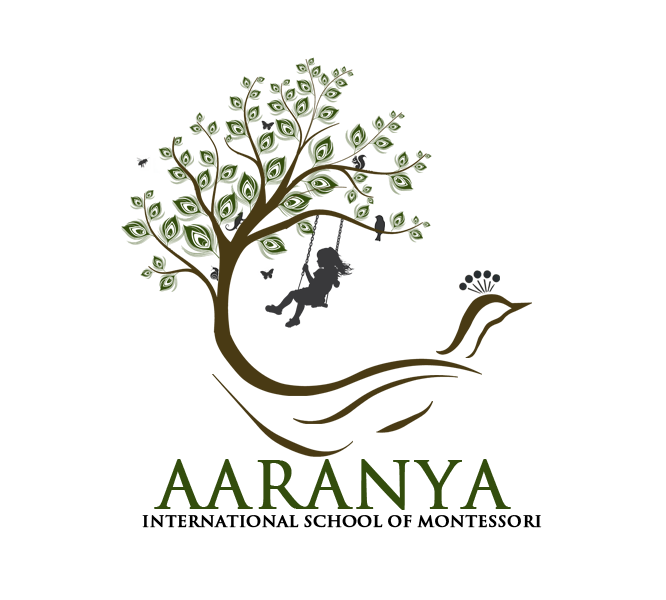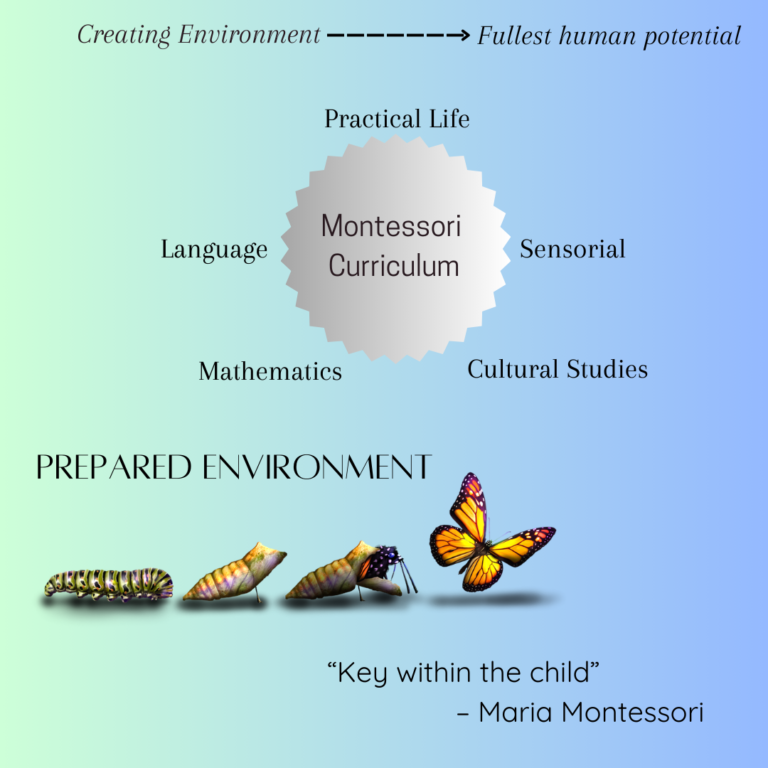
Our Curriculum
The Montessori curriculum emphasizes a holistic approach to learning, fostering independence, creativity, and curiosity in children. Practical Life activities form the foundation, teaching real-life skills that enhance concentration, coordination, and responsibility. Sensorial experiences sharpen a child’s perception of the world, while Mathematics and Language build cognitive and communication skills. Cultural Studies and Continent Connections introduce diversity, geography, and global awareness. STEM activities cultivate problem-solving and innovation, while Character Development nurtures empathy and integrity. Author Studies and Arts inspire creativity and literary appreciation. This interconnected framework ensures that children grow intellectually, emotionally, and socially, preparing them for a well-rounded future.
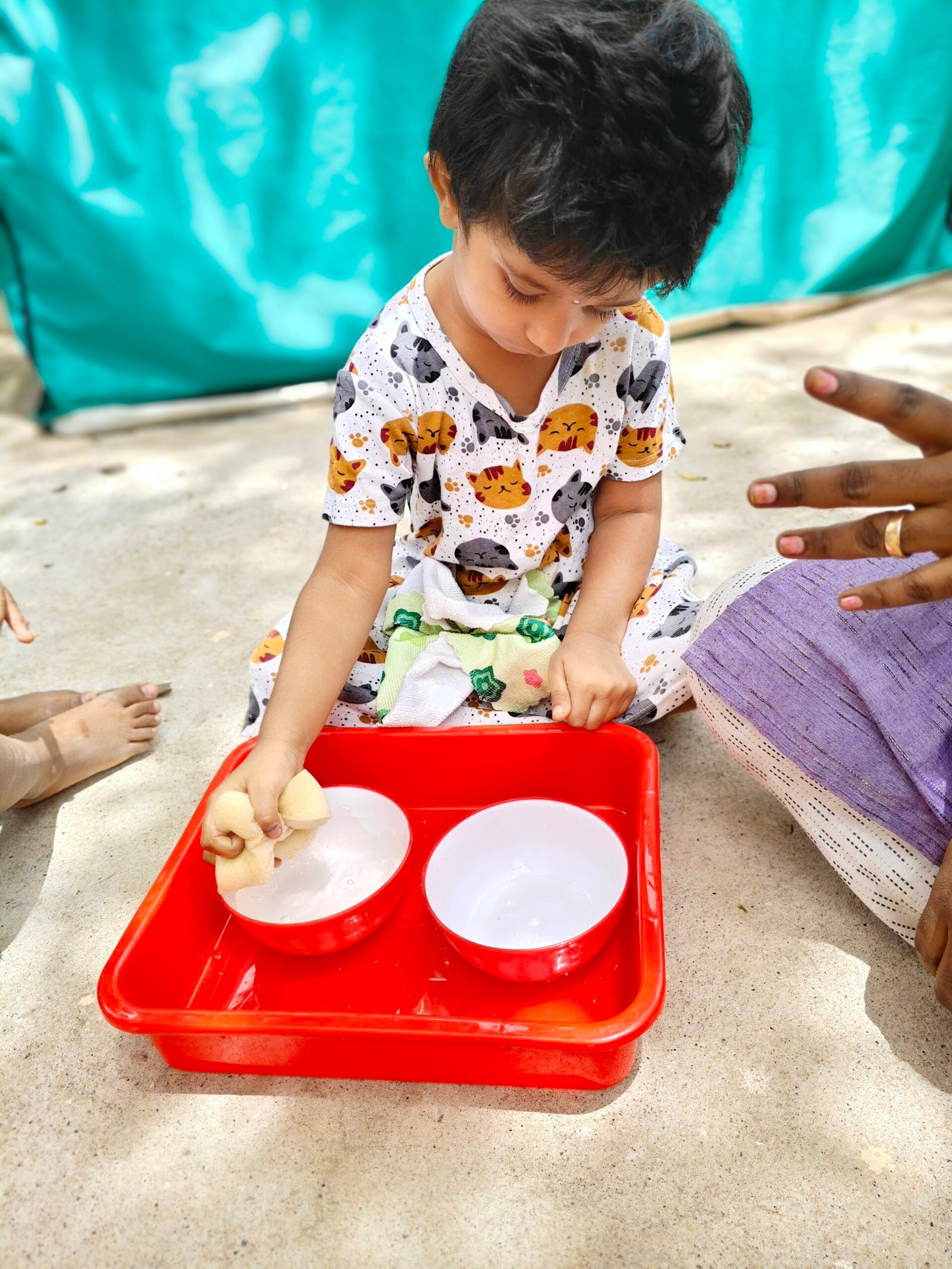
Practical Life Curriculum
The Practical Life curriculum in Montessori education focuses on real-life skills that help children gain independence, coordination, concentration, and a sense of responsibility. Through engaging in activities like pouring, sweeping, dressing, and food preparation, children learn to care for themselves and their environment. These purposeful tasks nurture fine motor skills, patience, and confidence, providing a foundation for all areas of learning. Practical Life is not only about teaching skills but also about instilling respect for others and creating a harmonious, organized environment where children feel empowered.
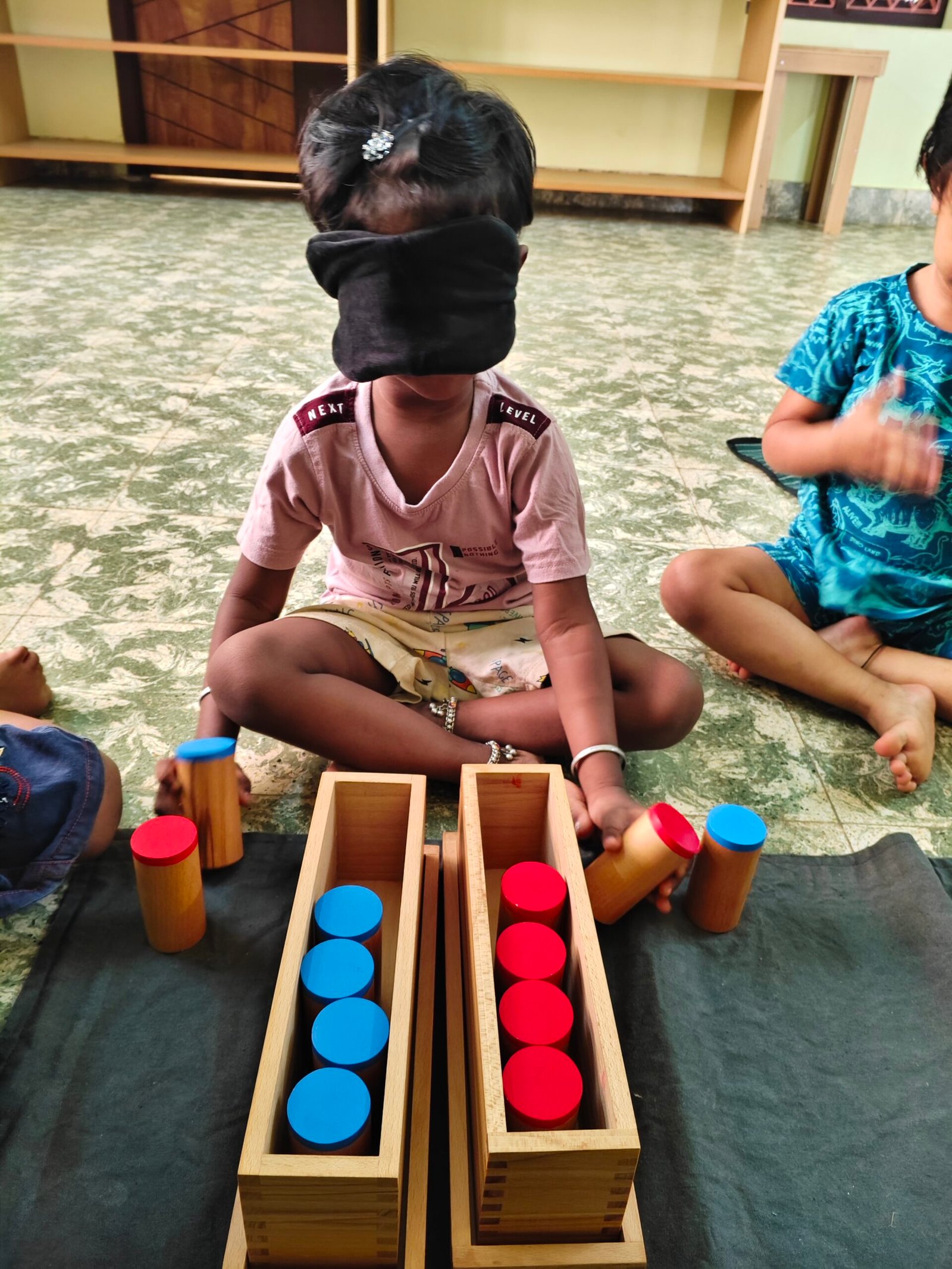
Sensorial Curriculum
The Sensorial curriculum in Montessori education is designed to help children refine their senses and better understand the world around them. Through carefully crafted materials and exercises, children explore qualities like color, shape, size, texture, and sound, developing skills in observation, comparison, and classification. This hands-on exploration enhances cognitive development, laying the groundwork for concepts in mathematics, language, and science. Sensorial activities encourage children to make sense of their environment independently, deepening their awareness and concentration while fostering a natural curiosity for learning.
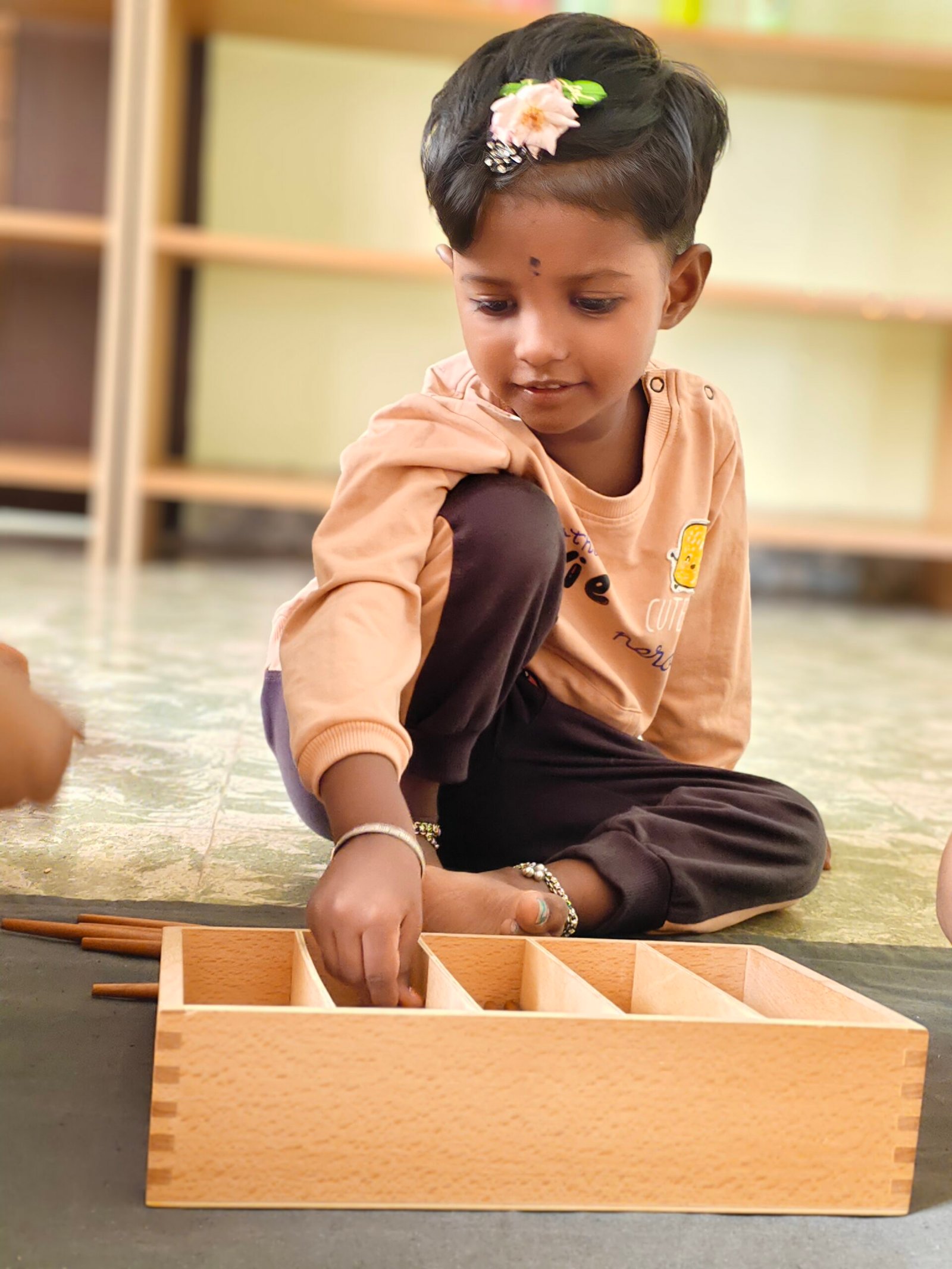
Mathematics Curriculum
The Mathematics curriculum in Montessori education introduces children to mathematical concepts through concrete, hands-on materials that make abstract ideas more understandable. Starting with simple activities like counting and number recognition, children gradually progress to more complex operations such as addition, subtraction, multiplication, and division. Montessori math materials, like the Golden Beads and Number Rods, enable children to visualize quantities and relationships, laying a strong foundation for logical thinking and problem-solving. This approach allows children to build confidence and develop a genuine interest in mathematics by working at their own pace and making discoveries through exploration.
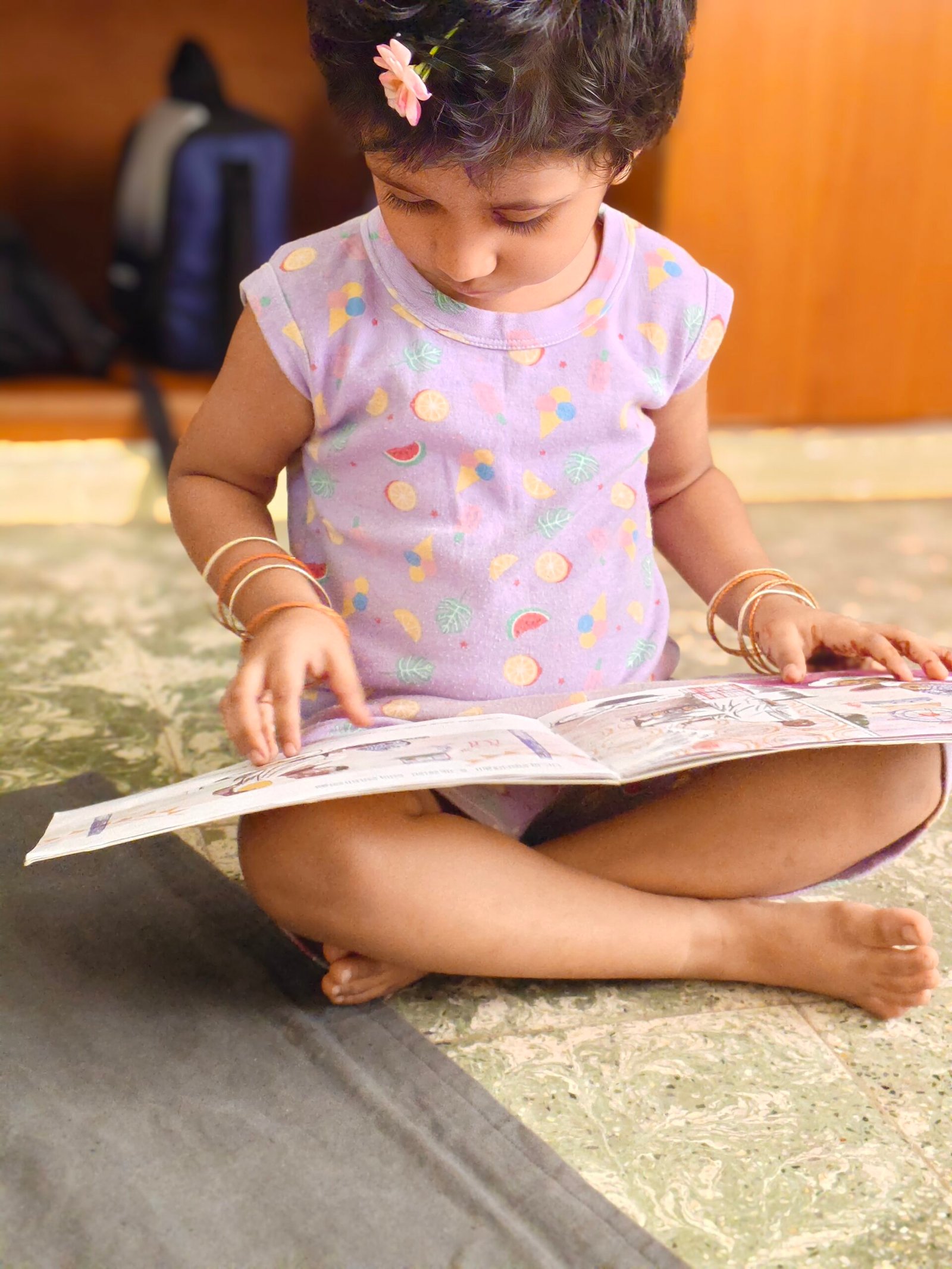
Language Curriculum
The Language curriculum in Montessori education nurtures communication skills and fosters a love for reading and writing. Beginning with enriching oral language experiences, children gradually move into phonetic awareness and letter recognition through hands-on materials like Sandpaper Letters and the Movable Alphabet. These activities help children understand the relationship between sounds and symbols, building a foundation for reading, spelling, and writing. The Montessori approach to language encourages self-expression, expanding vocabulary and comprehension skills, and supporting children as they become confident, articulate communicators.
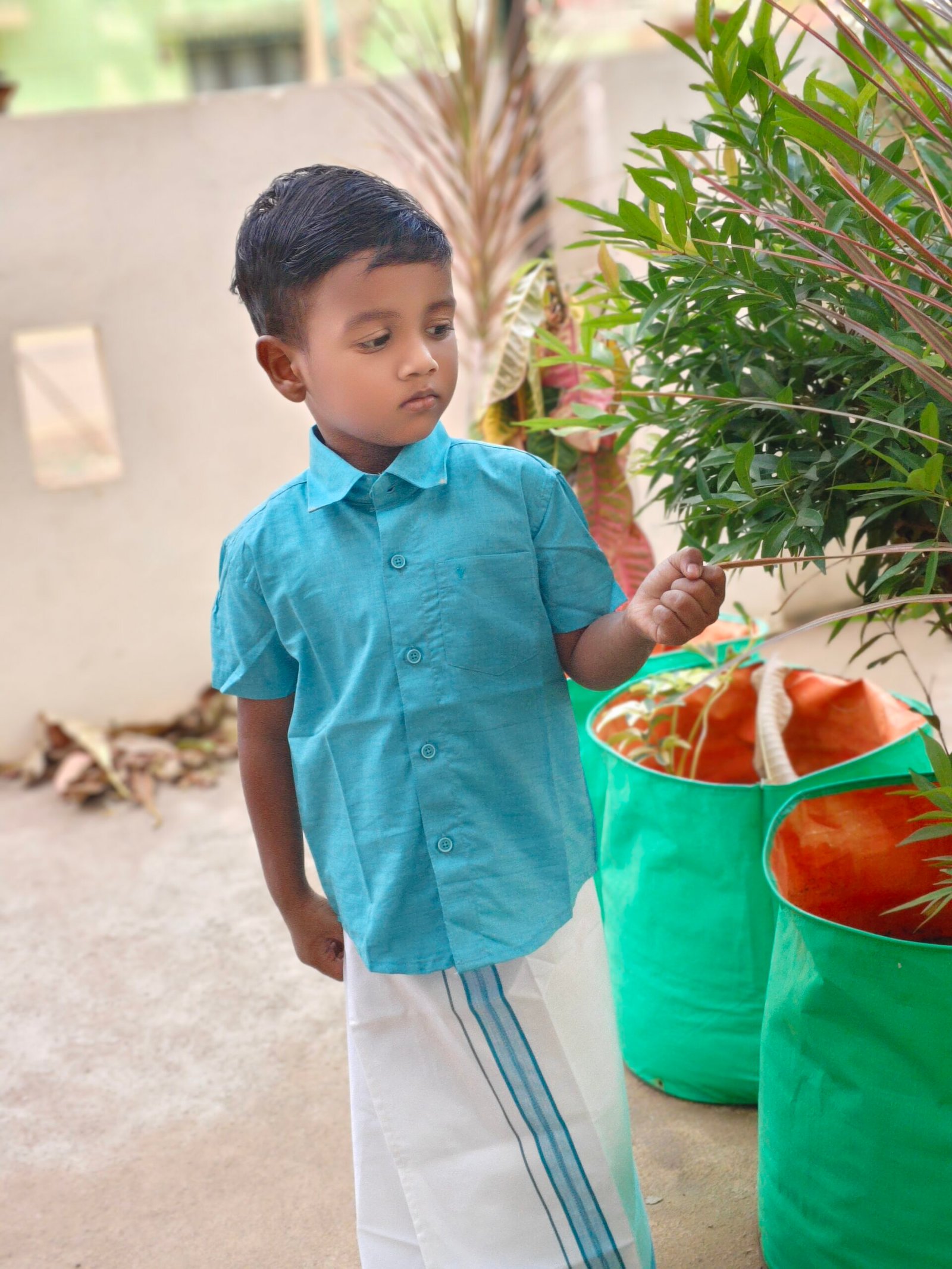
Cultural Studies Curriculum
The Cultural Studies curriculum in Montessori education broadens children’s understanding of the world and their place within it. This area includes geography, history, science, art, and music, exposing children to diverse cultures, natural phenomena, and human achievements. Through interactive materials, stories, and hands-on activities, children explore continents, learn about different peoples and traditions, study plants and animals, and investigate the earth’s elements. Cultural Studies fosters curiosity, empathy, and respect for global diversity, encouraging children to appreciate the interconnectedness of all life and inspiring them to become responsible, informed citizens of the world.
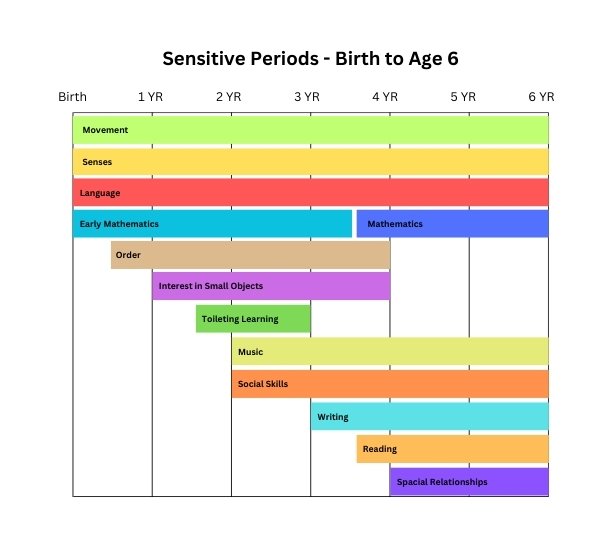
Sensitive Periods in Montessori
Dr. Maria Montessori observed that children go through Sensitive Periods—specific windows of time when they are naturally drawn to certain activities or skills. During these periods, a child’s brain is uniquely receptive to learning particular things, making these times ideal for development in those areas.
What Are Sensitive Periods?
Sensitive periods are temporary phases of heightened interest and focus on specific aspects of the environment.
They occur spontaneously and vary from child to child in timing and duration.
Learning during these phases happens effortlessly and with joy.
Faculty
- Experienced Montessori-certified teachers dedicated to nurturing curiosity and independence.
Programs Offered
- Comprehensive curriculum including Practical Life, Sensorial, Math, Language, and Cultural studies.
Inspiring Growth
- Programs that foster curiosity and growth
Tamil Integrations
| Adaptation of Montessori Materials | Examples & Activities |
|---|---|
| Counting Beads with Local Fruits | Children use counters shaped like mangoes, bananas, and jackfruits instead of generic beads, making math lessons more relatable and connected to local produce. |
| Botany Puzzles with Native Plants | Puzzles feature Tamil Nadu’s native flora, such as neem, jasmine, and hibiscus, helping children learn about plant parts through familiar, local examples. |
| Animal Models from Tamil Nadu | Montessori animal sets include local species like the Indian elephant, peacock, and kingfisher, teaching children about the region's wildlife and its biodiversity. |
| Cultural Nomenclature Cards | Vocabulary-building cards with Tamil names and visuals of elements like lotus, neem leaves, marigold, kolam patterns, and temple architecture, enhancing language and cultural knowledge. |
| Grace & Courtesy Lessons Enriched with Tamil Traditions | Examples & Activities |
|---|---|
| Traditional Greetings | Children learn to greet elders with "Vanakkam," accompanied by a slight bow, symbolizing respect. They are also taught to address others using respectful titles like "Anna" (brother) and "Akka" (sister). |
| Understanding Local Festivals | Lessons introduce children to the customs and significance of Tamil festivals like Pongal, Deepavali, and Tamil New Year, teaching them about rituals, traditional foods, and cultural practices. |
| Sharing & Hospitality | Inspired by Tamil values, children practice acts of sharing, like offering food to peers and welcoming guests. They learn to serve food with care, reflecting practices seen during festive feasts. |
| Respect for Elders & Nature | Lessons emphasize showing respect to elders and nature, including care for plants and animals, and expressing gratitude for food, water, and resources, mirroring Tamil cultural values. |

